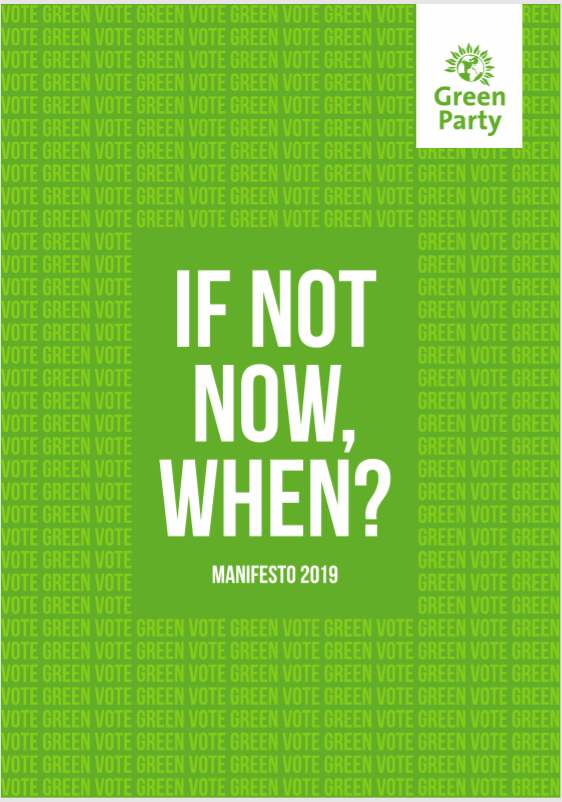
At the heart of the Green Party manifesto is the Green New Deal, and unsurprisingly its international development commitments are framed through that lens. Its policies are probably the most ambitious of all the parties, including:
- A massive increase of spending in aid, taking the UK to 0.1% GNI by 2021, with more aid given as grants rather than (concessional) loans.
- Re-orienting policy to put the climate emergency and poverty at the forefront of UK aid objectives, including support fort the creation of local Green New Deals, and a push for a new international ‘ecocide’ law to prosecute those who commit ‘crimes’ against the environment.
- Increasing aid directly to individuals through the use of electronic cash transfers; and efforts to encourage the donor community to end tied aid
- A focus on international supply chains, to ensure they are just and in line with climate policy
- Writing-off debt to the UK owed by the poorest countries, and reducing debt service payments of other aid recipient countries to 10% of their export earnings a year.
Of course, one can argue that with the Greens having no chance to ever form a government and, under our first-past-the-post system, unlikely to wield power in government in anything other than the most hung of hung parliaments, they can be as ambitious as they like. But this is not entirely fair. Not least because the Green Party have for so long been consistent in their assertion that the environment needs to be moved much more centrally to international development objectives. It is clear that international development is no afterthought, but carefully integrated into the Party’s vision for what the UK and world should look like.
More importantly, there is both much overlap between Labour, Lib Dem and Green positions, as well as important differences that do not contradict each other but could, brought together, lead to a radical reform of DFID and wider UK-aid. And if the Conservatives win the election, then any new minister could do a lot worse than have a read of these three manifestos and think about how to integrate them into their own plans.
One result of this is the beginnings of the emergence of a progressive view of international development policy, one built around climate, inequality, a stronger role for states, and a holistic view of justice. Some proposals within this spectrum are better thought out than others, but they offer a potential for radical reform to aid, development and humanitarian policies, structures and systems.
